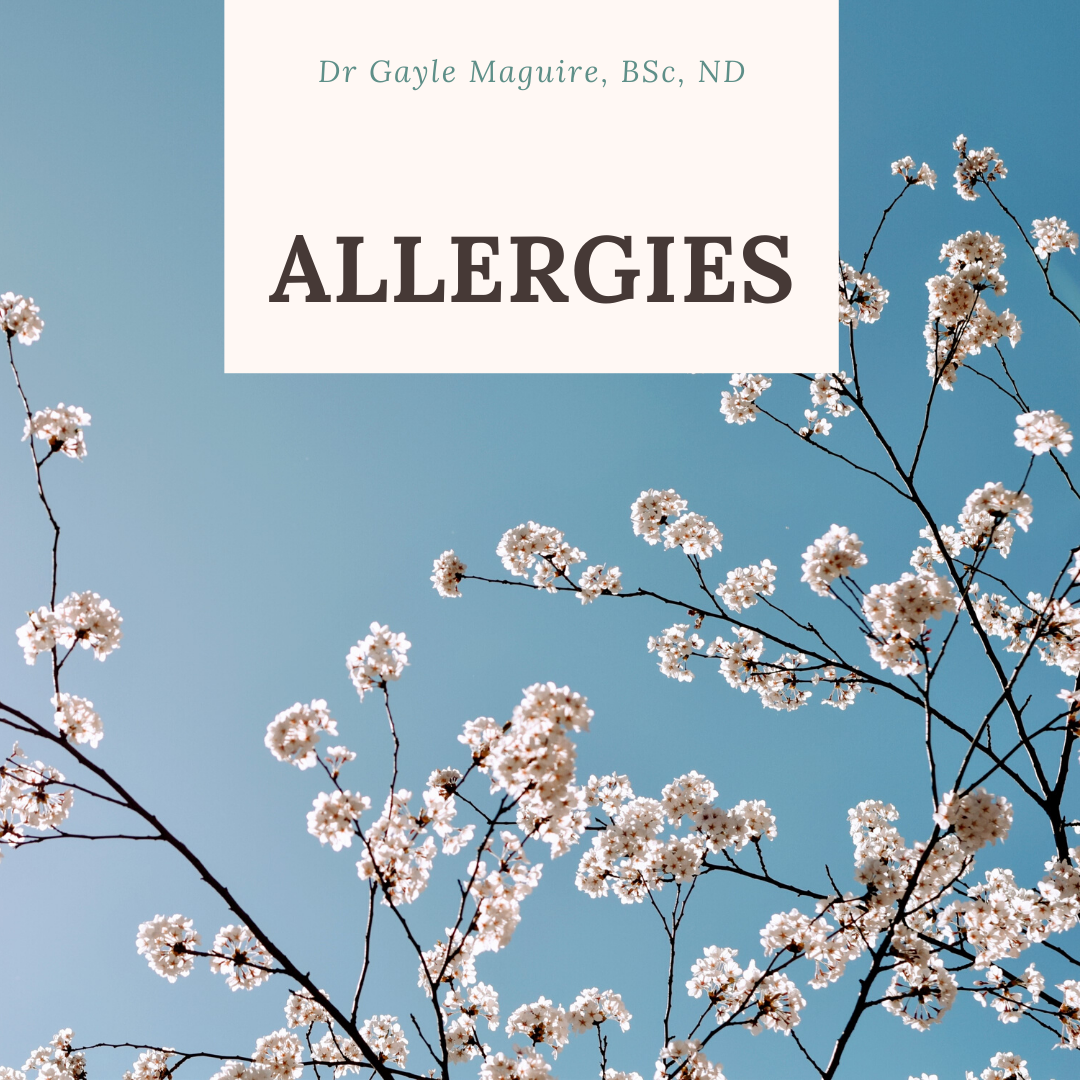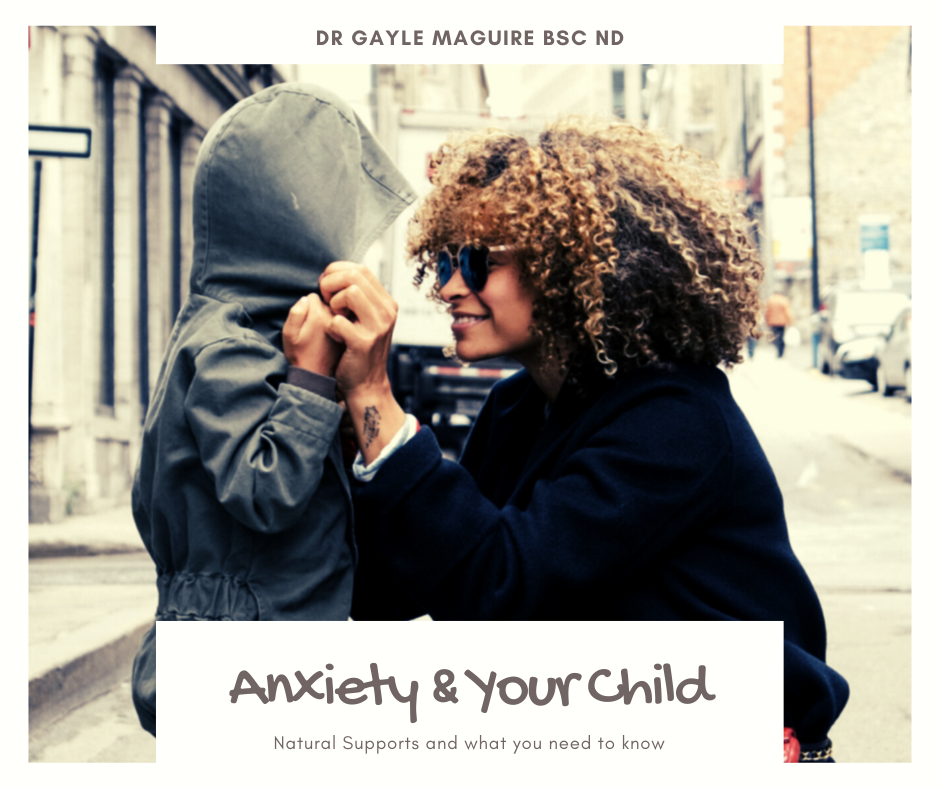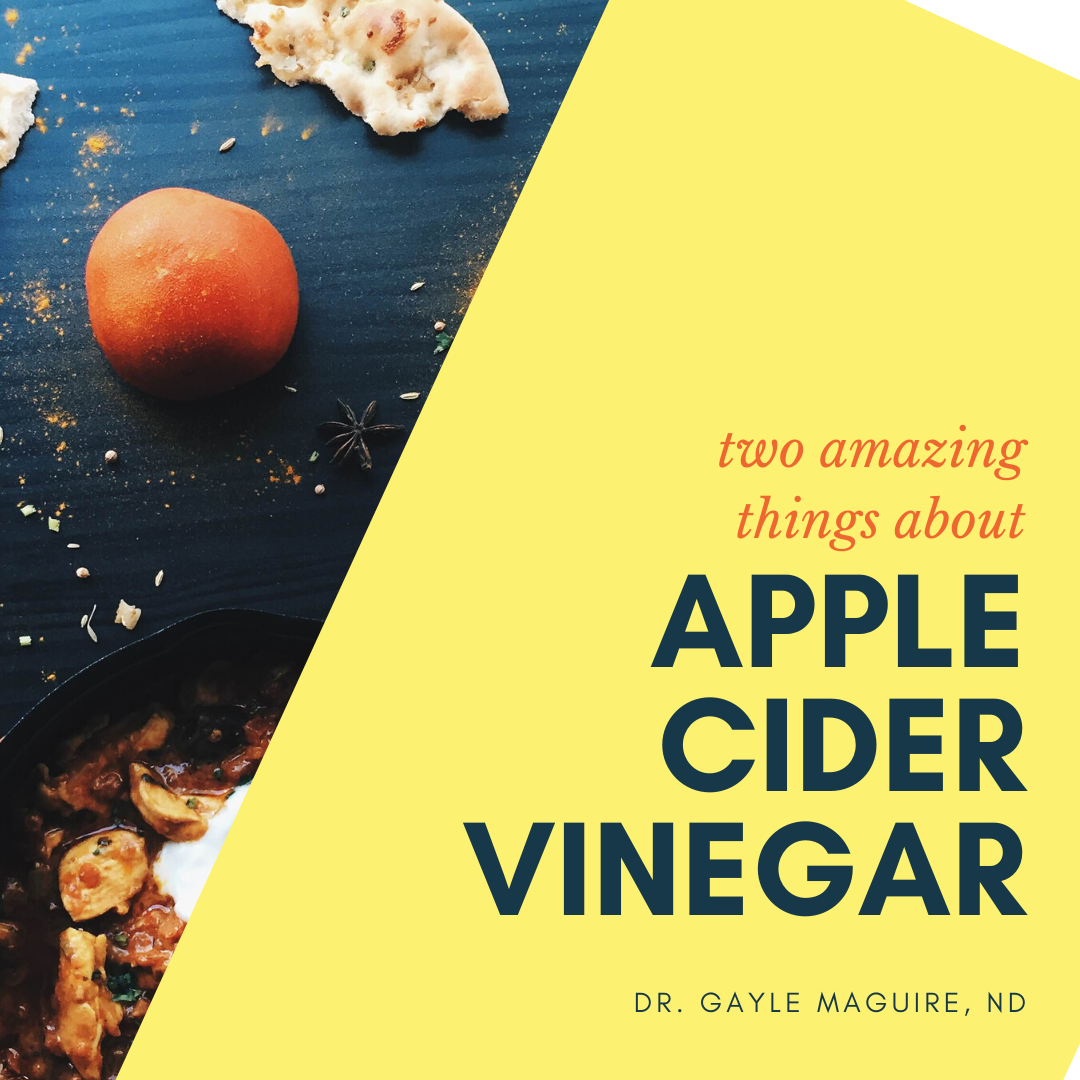Natural Approaches to Airborne allergies & Hayfever
There are some great natural supports for reducing allergy symptoms, so please keep reading. I will start by saying that most remedies, much like many approaches in naturopathic medicine, work better when starting early and treating the whole person. I really love acupuncture for quick symptom relief.
I find many patients are surprised to “grow into” allergies. “I never had issues with cats/hayfever/foods when I was younger” is heard commonly in my office. It’s my experience that our systems simply become less resilient as we get older, so we likely always had these issues on a mild level, but years of stress, coffee, chemicals, etc. can make it catch up with you. For this reason, I find some of the natural remedies below can be ineffective until we have assessed a patient’s stress levels, sleep, digestion and hormone status.
Nettle leaf
Paradoxically, many people are allergic to one of my favourite allergy supports! The aerial portions of nettle, or Urtica dioica, have been used for centuries for their diuretic and astringing properties, and show promise for urinary tract issues and night urination in prostate issues and even joint issues (American Botanical Council). Studies have yet to consistently demonstrate its effectiveness for allergy symptoms such as runny nose.
Quercetin
Quercetin is a flavonoid found in a variety of vegetables and fruit, such as apples, berries, onions, tea, grapes, and Brassica vegetables. Studies have connected quercetin to inhibited histamine release, an anti-allergy effect, but varying effect on the symptoms of allergies. It seems best for reducing lung involvement and eye symptoms at the moment.
Colostrum
The first food for babies from breastmilk is known to be beneficial for immune systems, so it may come as no surprise that animal-sourced colostrum may seem to have benefit for regulating an overactive immune system as seen in allergies. The research is still limited in this area.
Dietary
Many dietary deficiencies could contribute to a worsening of symptoms, so talk to your doctor about dietary sources of Vitamin C, fatty acids, and zinc in particular. Many patients require digestive enzymes, probiotics, antioxidants or liver support to assist with their allergy symptoms.
Allergies nettle quercetin colostrum new studies tcm nutrient deficiences stress


